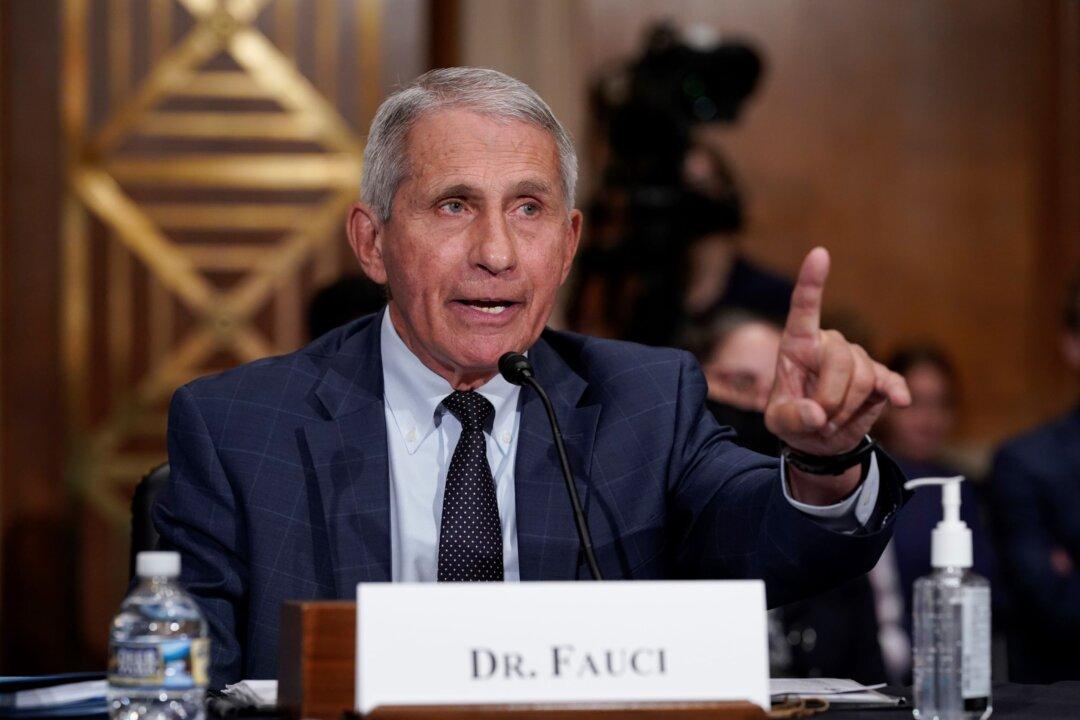Commentary
The United States’ military mission in Afghanistan has collapsed into chaos and ignominy. The catastrophe has many parents. But, surely, “the experts” upon which our leaders relied bear much of the blame.

The United States’ military mission in Afghanistan has collapsed into chaos and ignominy. The catastrophe has many parents. But, surely, “the experts” upon which our leaders relied bear much of the blame.